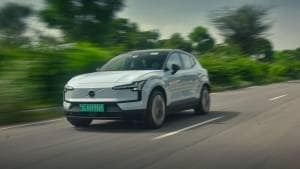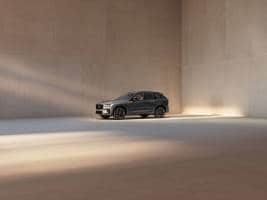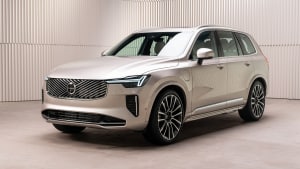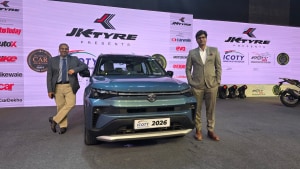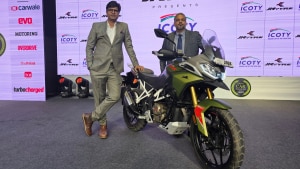Volvo parts ways with the diesel engine
Volvo had hinted at it back in 2017, but the company has now formally eliminated its reliance on diesel engines as part of its transition to complete electrification by 2030. The final diesel, an XC90 SUV, was manufactured on March 26 at the plant in Torslanda, Sweden, and is currently on its way to the World of Volvo museum in Gothenburg. It's a significant milestone in Volvo's 97-year history, fulfilling a goal to achieve net zero greenhouse gas emissions by 2040.
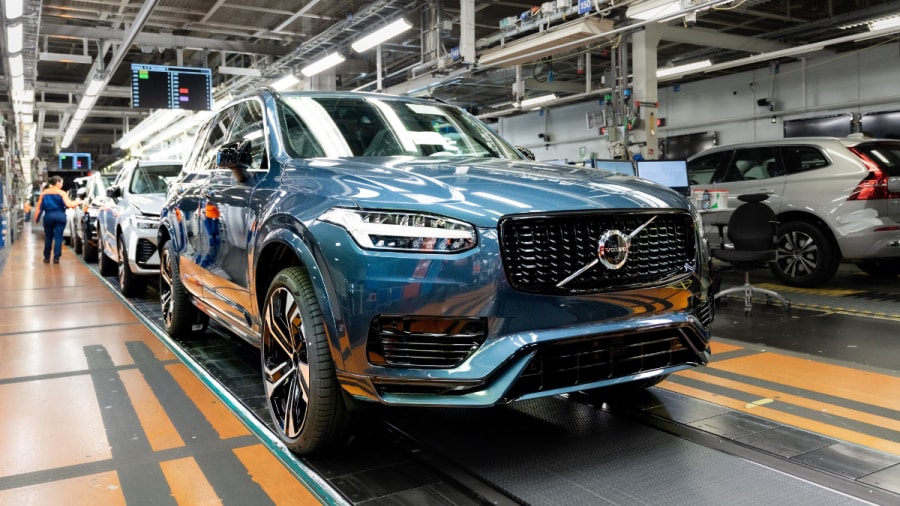
Volvo's diesel history dates back 45 years, to 1979, with the 244 GL D6, the world's first passenger diesel car with six cylinders. But this was sourced from the VW Group. In 2001, Volvo launched its first self-built diesel engine, a five-cylinder unit used in the V70 and other vehicles.
Volvo launched a 1.6-litre oil burner in 2008 that could go up to 1,300 km on a single tank of gasoline and had emissions low enough to be certified as a 'green engine' in Sweden. In 2012, Volvo debuted the world's first diesel plug-in hybrid powertrain, the V60 D6.
The next phase is to discontinue the manufacture of cars powered by combustion engines completely. Although most of the other luxury manufacturers have pulled back their excessively ambitious EV ambitions, Volvo is sticking to its plan to go all-electric by the end of this decade.
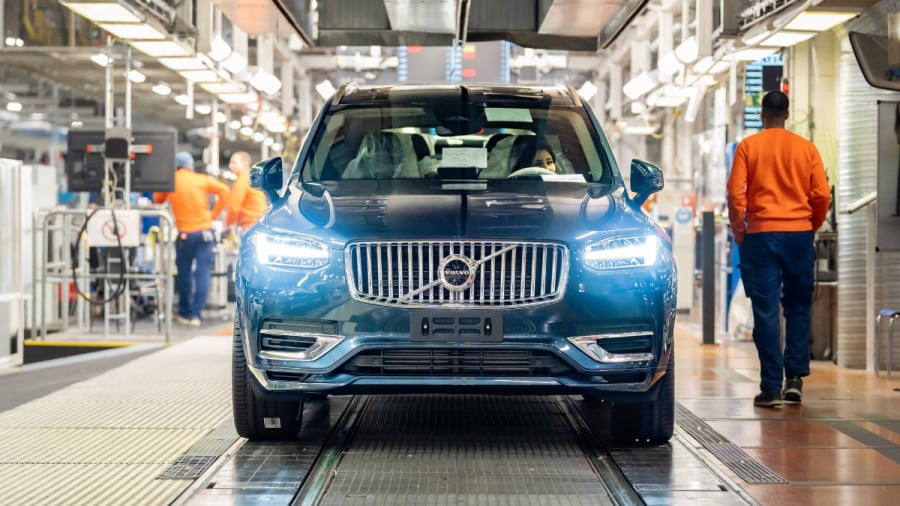
In Europe, last year electric car sales surpassed diesel for the first time in history last year, with EV sales increasing by 37 percent year on year.
Volvo had already discontinued the development of new combustion engines. It originally transferred its remaining combustion engine assets to the Aurobay joint venture in 2021, then sold its part in the company in November 2022.
Also Read:
Single-motor Volvo XC40 Recharge review, first drive - the sensible luxury EV?
Volvo XC40 Recharge, C40 Recharged renamed EX40, EC40
Starts Rs 39.9 Lakhs
1969cc
Automatic
190
300
-NA-
Starts Rs 55.9 Lakhs
-NA-
Automatic
408
660
-NA-
